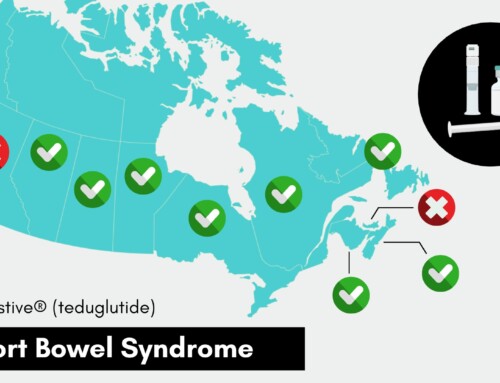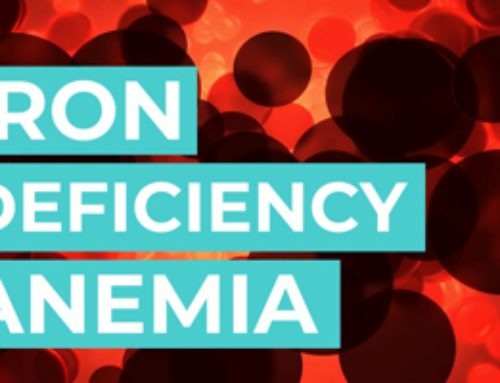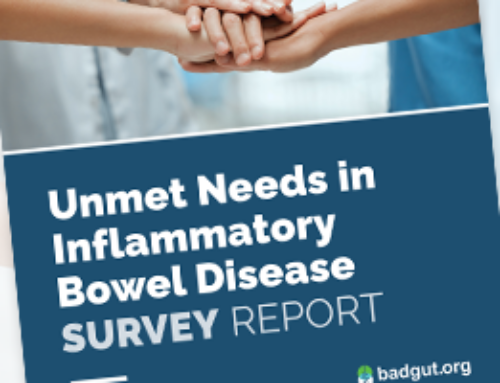World Pancreatic Cancer Day
November 19, 2020 – Join us and the World Pancreatic Cancer Coalition (WPCC) in raising awareness about pancreatic cancer and calling for increased funding and research so that individuals affected by this disease can receive an earlier diagnosis, ultimately leading to better outcomes.
The Gastrointestinal Society is a member of WPCC, a global membership of more than 90 organizations from 35 countries and 6 continents. The WPCC has created a short, animated video to help educate the public about pancreatic cancer.
Due to a lack of early diagnosing tools and standardized screening tests, individuals with pancreatic cancer often receive a late diagnosis when the disease has progressed so far that it becomes very difficult to treat. According to the World Health Organization (WHO), more than 1,200 people around the world will be diagnosed with pancreatic cancer each day and a horrifying 95% of these individuals will die from the disease.1 Yet, it ranked as the 11th most common cancer in the world in 20182 and is projected to be the third leading cause of cancer death in Canada in 2020.
Early diagnosis is crucial. Receiving timely intervention for pancreatic cancer can greatly improve survival and quality of life.. However, it is not clearly known what the causes and risks are for pancreatic cancer. There is some evidence that eating charred meat can increase your risk. Age, smoking, being overweight, family history, pancreatitis, and diabetes may also increase your risk for developing this disease.
Although the early stages of pancreatic cancer are often asymptomatic and can take years to develop, common symptoms include:
- abdominal or mid-back pain
- unexplained weight loss
- jaundice
- loss of appetite
- indigestion
- changes in stool
- sudden onset of diabetes and glucose intolerance
COVID-19
If you have pancreatic cancer, you are not at an increased risk for COVID-19.3 However, if you are experiencing symptoms or have some concerns, please contact your doctor. It’s important that you do not delay necessary care. Clinics and hospitals have taken several measures to protect your safety. Check out our blog, Managing Daily Life During the COVID-19 Pandemic, for more information on what changes to expect with clinics and hospitals, .
Clinical trials have also adjusted to adhere to safety protocols and increased their capacity. For any changes in your treatments, it’s important that you check with your healthcare team so that you are informed and can explore other deliveries of care to ensure your comfort and safety.
If you are experiencing COVID-19 symptoms, live with an infected person, or have encountered someone that has COVID-19, please get tested. However, if this does not apply to you and you are not displaying any symptoms, make sure you practice physical distancing, good hand hygiene, and wearing a mask when you are out in public.
Pancreatic cancer is one of the leading causes of cancer deaths in Canada and is also one of the deadliest cancers around the world. It’s about time that we take action by raising awareness and advocating for the crucial need for earlier diagnosis. To learn more about the World Pancreatic Cancer Coalition, click here.




















